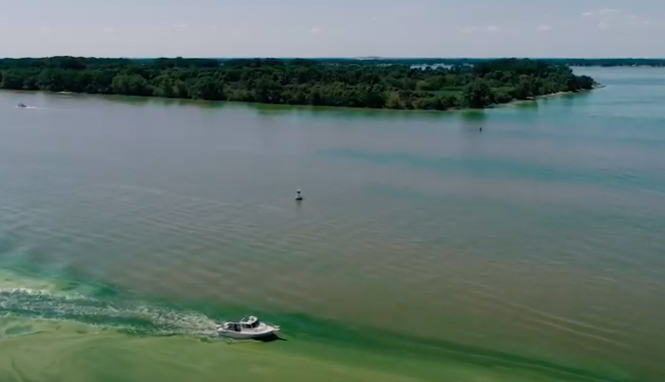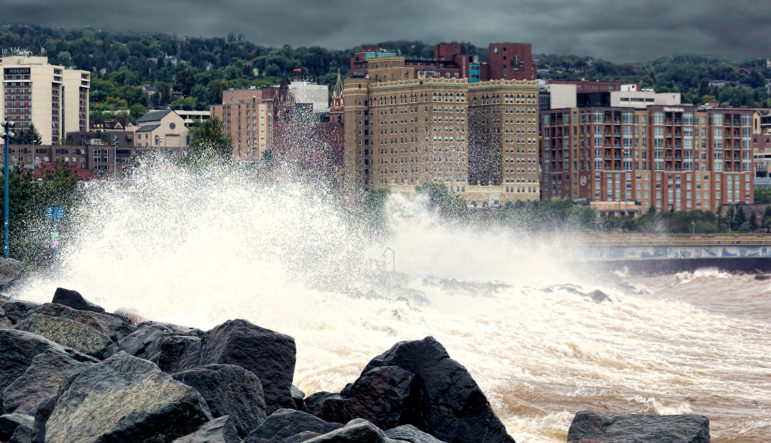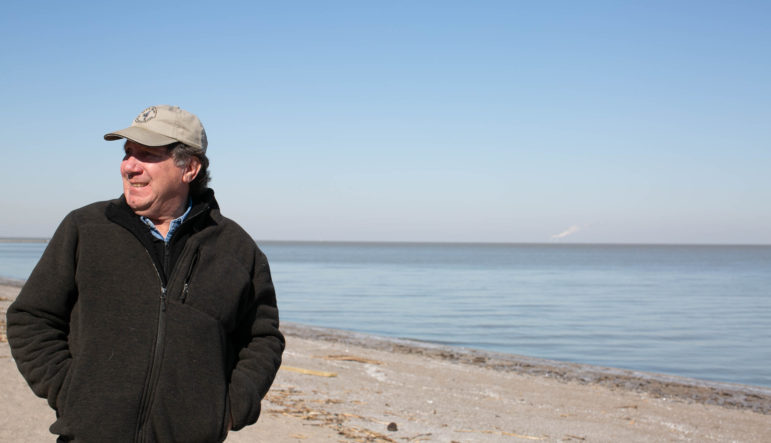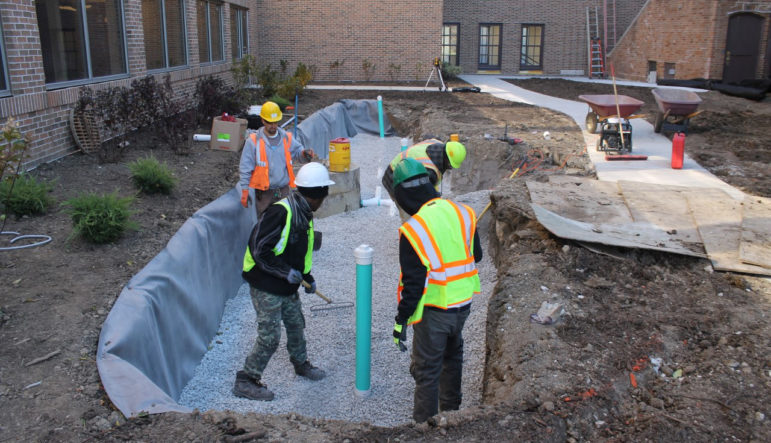As climate change makes other parts of the U.S. increasingly inhospitable, the Great Lakes region could become a “climate refuge” where temperatures are relatively moderate and the lakes themselves provide ample freshwater — an increasingly valuable commodity. At the same time, the region is highly vulnerable to the heat waves, flooding and severe storms expected to increase with climate change. Aging infrastructure and sewer systems that combine stormwater with wastewater along with shorelines vulnerable to water level changes, make Great Lakes municipalities especially susceptible to climate change impacts.
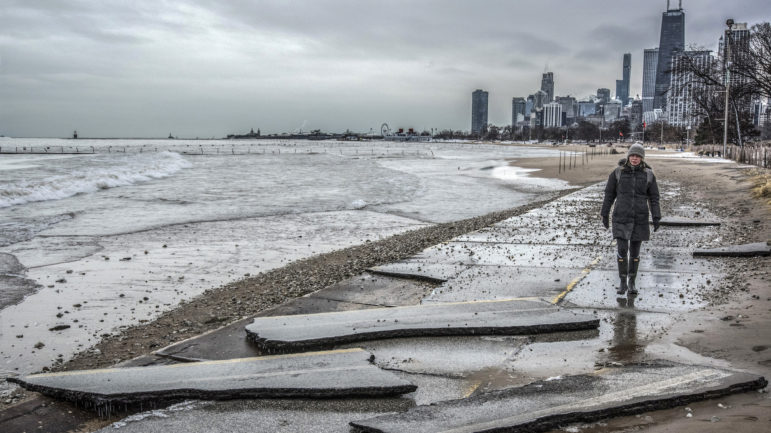
After the Flood
How Chicago is coping with the effects of climate change
Published on April 21, 2020

Shelter against extremes
To protect people in the Great Lakes region from climate extremes, weatherize their homes
Published on April 22, 2020
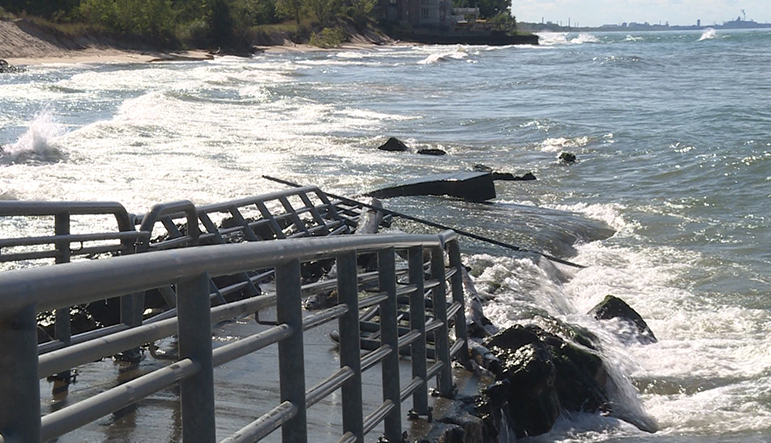
'Third Coast' at risk
Climate change threatens Great Lakes shoreline with erosion
Published on April 23, 2020

Minnesota Power
In the ‘climate refuge’ city of Duluth, a fight brews over the hometown utility
Published on April 24, 2020
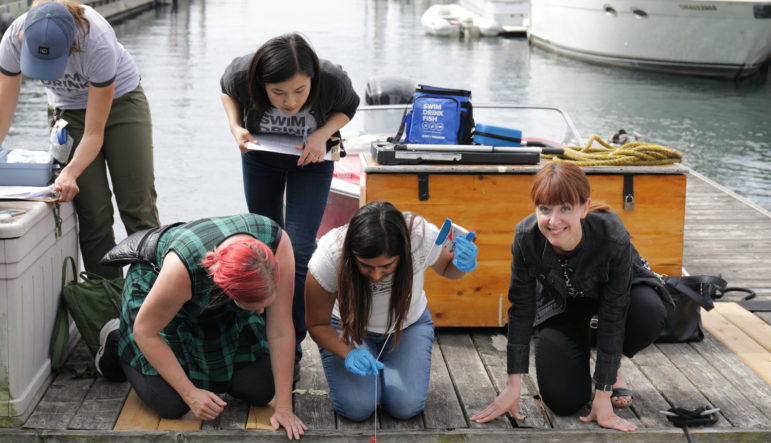
Single Systems
Great Lakes cities’ sewer designs mean waste in the waters
Published on April 24, 2020
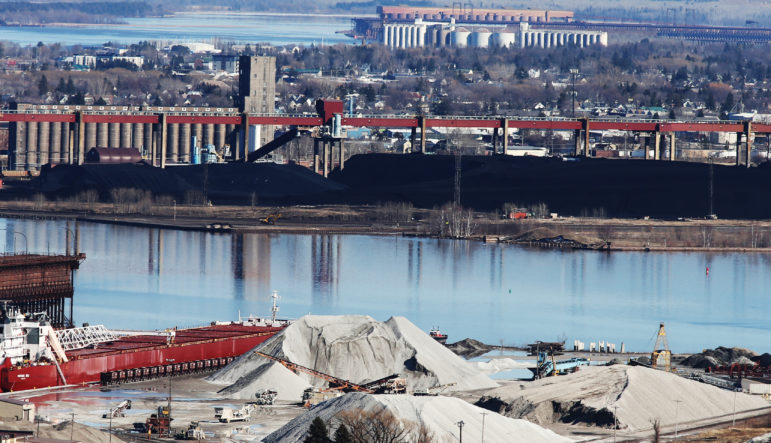
A future with less coal
As energy use changes in the Great Lakes, so too does the Port of Duluth-Superior
Published on April 28, 2020
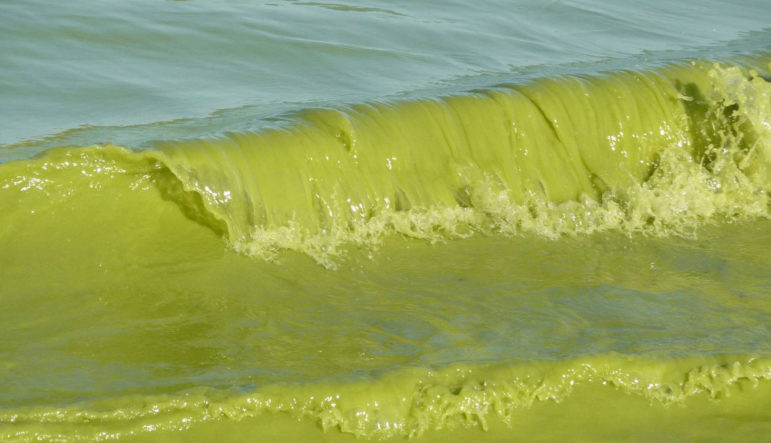
Threats to water quality
Climate change threatens drinking water quality across the Great Lakes
Published on April 29, 2020
“From Rust to Resilience” is a collaborative reporting project that includes six members of the Institute for Nonprofit News (Belt Magazine, The Conversation, Ensia, Great Lakes Now at Detroit Public Television, MinnPost and Side Effects Public Media) as well as WUWM Milwaukee, Indiana Public Broadcasting, and The Water Main from American Public Media.
“From Rust to Resilience” was made possible by support from the Pulitzer Center and INN’s Amplify Project, whose funders include the Robert R. McCormick Foundation and the Joyce Foundation, as well as INN’s general support funders, including the MacArthur Foundation. The series is part of the Pulitzer Center's nationwide Connected Coastlines reporting initiative.


